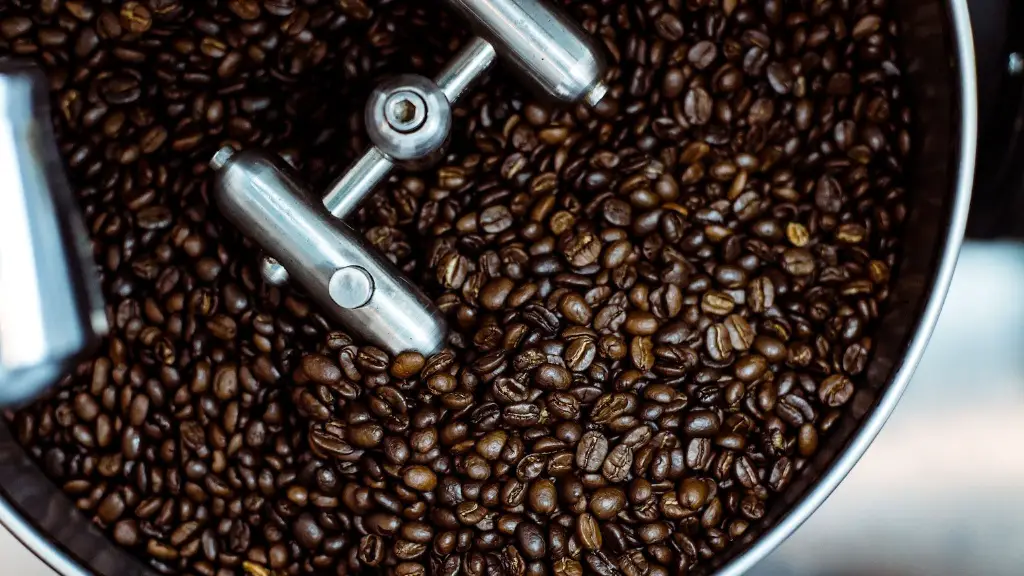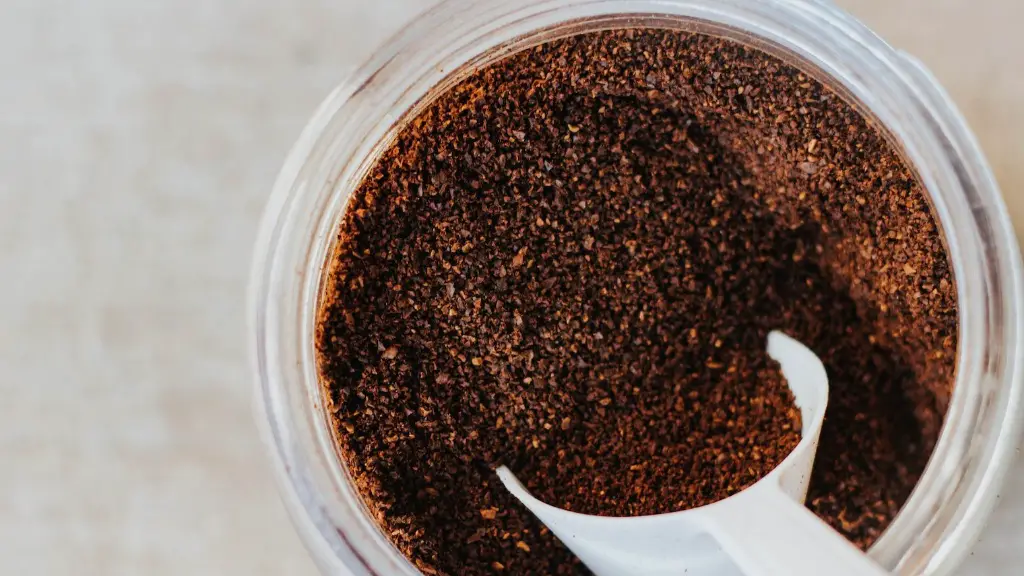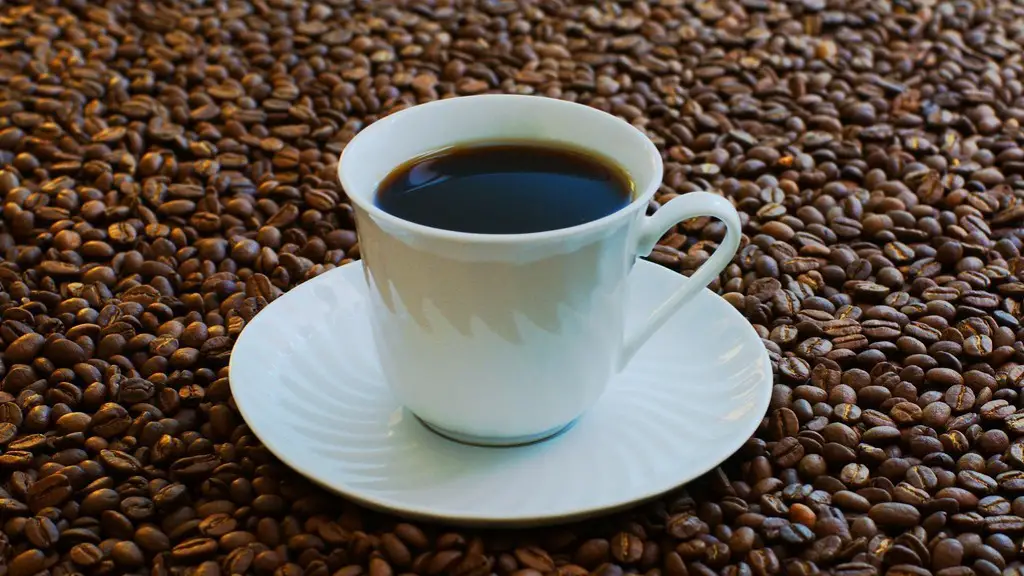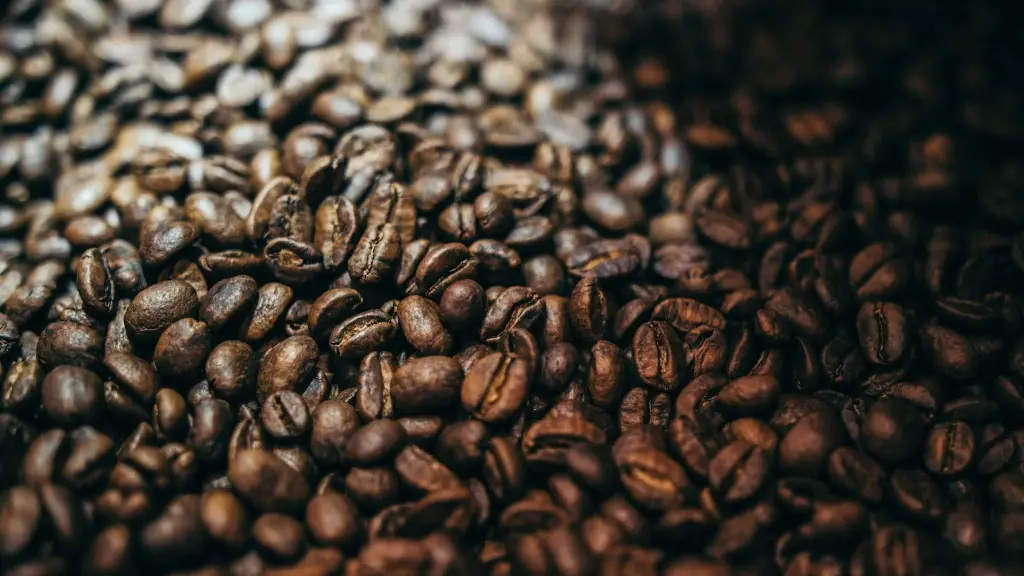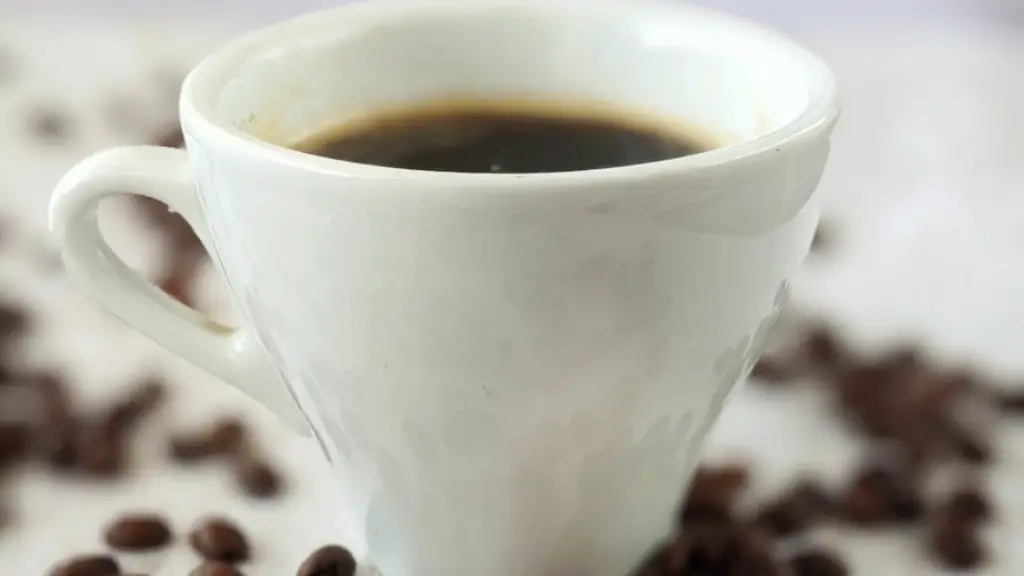Fasting before a blood test is a common practice, with many test results requiring abstention from food and drink for 8-12 hours before the test. But what about caffeine? Many people rely on coffee as a pick-me-up during the day and find it difficult to go without for several hours before a test. Can you drink black coffee before a fasting bloodwork test?
The short answer is yes, you can certainly drink black coffee before a fasting bloodwork test. However, the effects vary depending on different factors, including the type of blood test and the amount of black coffee consumed. Most doctors recommend completely abstaining from food, drinks and other fluids containing calories, like milk or cream in your coffee, prior to a fasting bloodwork test. Additionally, the caffeine content in coffee can increase the absorption of other substances that can lead to inaccurate test results.
When it comes to determining what counts as a fasting bloodwork test, it can be a bit tricky. Generally, anything involving tests for glucose, cholesterol, triglycerides, insulin and vitamins B12, B9, A and D, as well as comprehensive metabolic panel (CMP) tests will require a fasting period of 8-12 hours. However some tests, such as those for iron or liver function tests, do not require fasting.
Just black coffee itself is considered acceptable to drink prior to a fasting bloodwork test, as it contains no calories and little to no sugar. Studies have shown that black coffee does not influence the accuracy of a bloodtest, as long as the portion size is sufficient. In addition to abstaining from any caloric beverages, doctors recommend also avoiding any foods with sugar or carbohydrates prior to the test, as these may affect the accuracy of the results.
At the same time, it is important to note that while the caffeine content in black coffee will not interfere with test results, it can have certain side effects on the body that can affect the test. Caffeine can cause a spike in blood pressure, for example, as well as affect your heart rate and overall alertness. It is also important to know that caffeine can be easily absorbed by the body, so if you drink black coffee before a fasting bloodwork test, it is likely to still be in your system during the testing period and can affect other tests.
Overall, the decision to drink black coffee before a fasting bloodwork test is a personal one and should be discussed with your healthcare provider. In most cases, it is best to abstain from any food or drinks with calories, but if you need to have a cup of black coffee to help wake you up in the morning, it should not interfere with any fasting bloodwork test you have coming up.
Types of Tests and How Much Caffeine to Drink?
The types of tests that require you to fast before a blood test vary and depend on what you are being tested for. Usually a CMP test requires a fasting period of 8-12 hours, so if you are drinking black coffee before this type of test, it is best to drink only one cup no earlier than 6-8 hours before the test. Any more than this can increase your body’s absorption of other substances that you may be tested for, and can result in inaccurate results.
For iron tests, you are usually not required to fast before the test, and therefore do not need to wait for any extended amount of time before drinking black coffee. However, it is important to know that for iron tests, caffeine could slightly interfere with the accuracy of the results, so it may still be best to limit the amount of black coffee consumed prior to the test. Generally, it is recommended to limit black coffee to no more than two cups before an iron test.
For other tests, such as glucose or cholesterol tests, it is best to follow the fasting guidelines recommended by your doctor, and to abstain from all food and drinks with calories, including black coffee.
Being Aware of Misinformation
It is important to be aware of misinformation circulating on the internet. Some sources may suggest drinking black coffee before fasting blood work tests is acceptable, when in fact, this should be discussed with your healthcare provider. Again, the amount of black coffee consumed and the type of test being done can vary greatly, so it is important to be aware of what type of test you are having done and how long you need to fast for.
It is also important to be aware of false claims and statements about fasting bloodwork tests. Some websites may suggest that you don’t need to fast before a glucose test, for example, when in actuality, fasting is necessary in order to get an accurate result. If you come across websites with inaccurate information, make sure to double-check with your doctor to ensure you are getting the correct advice for your particular test.
Research on Coffee and Fasting
In recent years, there has been a great deal of research on coffee and fasting bloodwork tests. A study conducted by the American Heart Association in 2010 found that drinking up to 4 cups of black coffee before a test did not influence the results. Another study, published in the Journal of Nutrition in 2013, examined the effects of coffee consumption on the accuracy of fasting bloodwork tests and determined that consuming one cup of coffee was okay provided it was done 8 hours before the test.
In general, it is recommended that when fasting for a bloodwork test, you should abstain from all food and drinks with calories, including coffee. However, if you are unable to go without coffee for the recommended time before your fasting bloodwork test, it is okay to have one cup of black coffee, providing it is done 8-12 hours beforehand. As always, it is best to check with your doctor prior to making any dietary changes or decisions prior to a fasting bloodwork test.
Benefits of Drinking Coffee Prior to Fasting Tests
There are many benefits to drinking black coffee before fasting bloodwork tests. First of all, it can help to increase alertness and improve concentration levels during the test. This can be beneficial for those who find it difficult to focus during these tests. Additionally, drinking black coffee prior to the test could help to keep your energy levels up, as well as increase your metabolism, helping to improve the accuracy of the results of the test.
Coffee also contains antioxidants, which can help to protect your body from the effects of free radicals. These antioxidants can also help to improve circulation, helping to improve the accuracy of the results. Moreover, coffee can also help to boost your mood, reducing stress levels and allowing you to focus more on the test.
Side Effects of Coffee Before Fasting Tests
Despite the potential benefits of drinking black coffee before a fasting bloodwork test, there are some potential side effects that you should be aware of. The caffeine in the coffee can cause increased heart rate, increased blood pressure and increased levels of alertness, which could potentially interfere with the accuracy of the test.
Additionally, the amount of caffeine in the coffee can vary greatly depending on the type of coffee beans used and the brewing method. This means that if you are not careful, you may be consuming higher amounts of caffeine than recommended prior to a fasting bloodwork test. As such, it is important to always check with your doctor prior to consuming any caffeinated beverages before a test.
Other Beverages to Avoid Before a Fasting Bloodwork Test
In addition to avoiding black coffee before a fasting bloodwork test, it is important to avoid other caffeinated beverages as well. All caffeinated drinks, such as tea, soda, energy drinks, and even decaffeinated coffee can interfere with the accuracy of a fasting bloodwork test. It is important to avoid any beverage that contains caffeine as well as any other type of food or calories prior to a fasting bloodwork test.
It is also important to avoid alcohol prior to a fasting bloodwork test, as this can affect the accuracy of the results. A single glass of wine or beer can cause dehydration and interfere with the accuracy of the results, so it is important to completely abstain from drinking alcohol prior to a fasting bloodwork test.
Final Considerations
When it comes to drinking black coffee before a fasting bloodwork test, the decision is ultimately up to you. However, it is important to consider the type of tests that you are being evaluated for and talk to your doctor about what is best for your individual needs. In most cases, abstaining from food, caffeinated beverages and other drinks with calories is recommended, but drinking one cup of black coffee may be okay, depending on the type of test you are having done.

